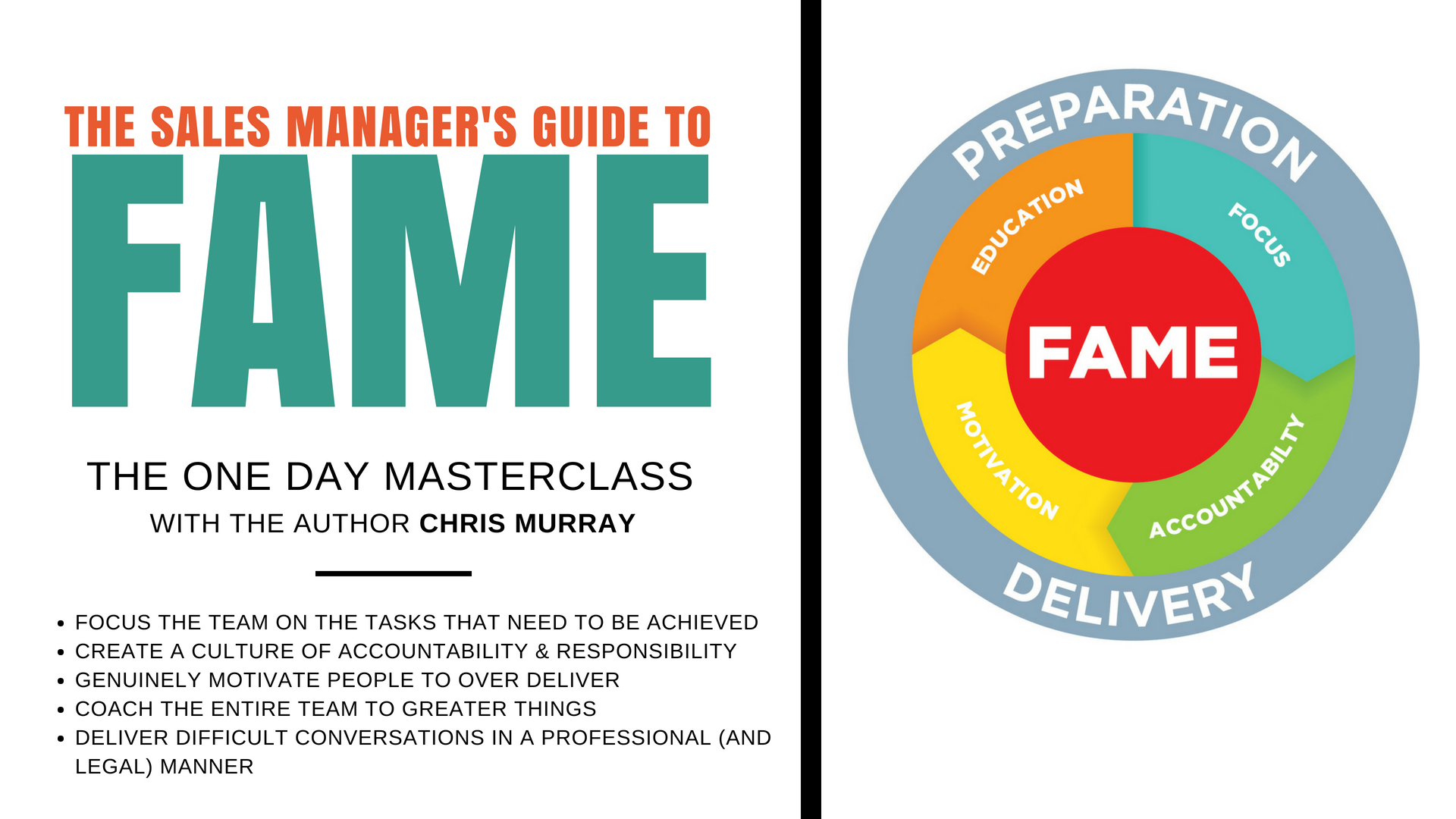When Will Your Sales Team Start Thinking for Themselves?
Do members of your sales team knock on your office door and ask you questions that;

-
They really should already know the answer to
-
You’ve already given a similar answer to on previous occasions – or
-
Relate to problems that none of your team should even be wasting their time on
Maybe you find yourself correcting their work, polishing up their presentations or re-wording their proposals?
When I was a kid, I would ask my father how to spell words that I wasn’t sure about.
To which his stock response was always; “Go and look it up in the dictionary!”
Which used to infuriate me.
Not only is it difficult to find some words in a dictionary when you’re not sure how to spell them, I was also furious that he couldn’t just save me the time and give me the answer.
But that’s one of the ways that I learnt how to spell.
If he’d just given me the answer, I wouldn’t have invested any time in the research, the discovery – I wouldn’t have gained any joy from actually finding the word I was looking for, or discovered other words while thumbing through the pages.
If he’d just given me the answer, it would have gone into my ears, down onto the paper, and then back out of my head within seconds.
As with all things – Riches easily won are rarely treated with respect.
Years later, when I was a sales manager, members of my team would knock on my door, pop their heads round the corner and ask;
“What do you think I should do about this problem?” or
“What should I say to this customer to get the deal?” or
“What should I write in this proposal?”
At first – I think, because I was flattered by the attention (and it made me feel clever and important) – I gave my advice freely, quickly and without a thought.
But the problem was never properly solved.
I was asked the same questions, by the same people, time and time again.
Which eventually reminded me of my father and his dictionary response.
So one fateful Monday morning, when a head came round my door, I responded with;
“What would you do?”
“I don’t know Boss, I’ve not really given it much thought.”
Which made me smile. So I posed him a challenge.
“Go and have a think about it for an hour and come back with three ideas. And we’ll choose which one will have the greatest impact on solving our problem.”
Over the course of a year, I did this with the whole team – which infuriated them, just as it had infuriated the grumpy, ten-year-old me all those years earlier.
But that’s how they started to think for themselves.
Maybe when I first became a sales manager I needed them to ask me, to make me feel important, to polish my ego.
But when I eventually realised what it was that I really needed to achieve every day – what it was that I was actually accountable for – that’s when it dawned on me.
What I needed was a sales team who could do their job, so that I could get on with doing mine.
If you have kids, you realise that one day you’re going to have to let them drink their juice from a cup without a top on it – and when you finally decide you can’t leave it any longer, you stand there with a towel behind your back, trying to look casual.
They say;
If you give a man a fish he can feed himself for a day – but if you give a man a net, he can feed his family forever.
Maybe it’s time to stop feeding your team a fish at a time, and to help them grow into the kind of people who bring home a full catch every month, with a net you helped them to own.
****************************************************
Interested in finding out more?
LONDON | MANCHESTER
(click on preferred city for full details)
Our Sales Management Open Workshops show you how to piece together the four main elements of successfully managing a team – Focus; Accountability; Motivation; Education – and show you how to get the best out of everyone involved.
At the end of this workshop delegates will be able to:
- Work out how to focus on the real tasks that need to be achieved – and find a way to ensure every member of their team is doing that too.
- Create a culture where every member of the team understands that they are accountable and responsible for their own success – and recognise exactly what that makes them accountable for.
- Genuinely motivate people to over deliver -and even more importantly – learn how to make sure you don’t demotivate them.
- Coach the entire team to greater things – learn how to give them a net of their own rather than continuously feeding them individual fish.
- Feel competent and confident enough to conduct staff discipline in a professional (and legal) manner.
LONDON | MANCHESTER
(click on preferred city name for full details)



